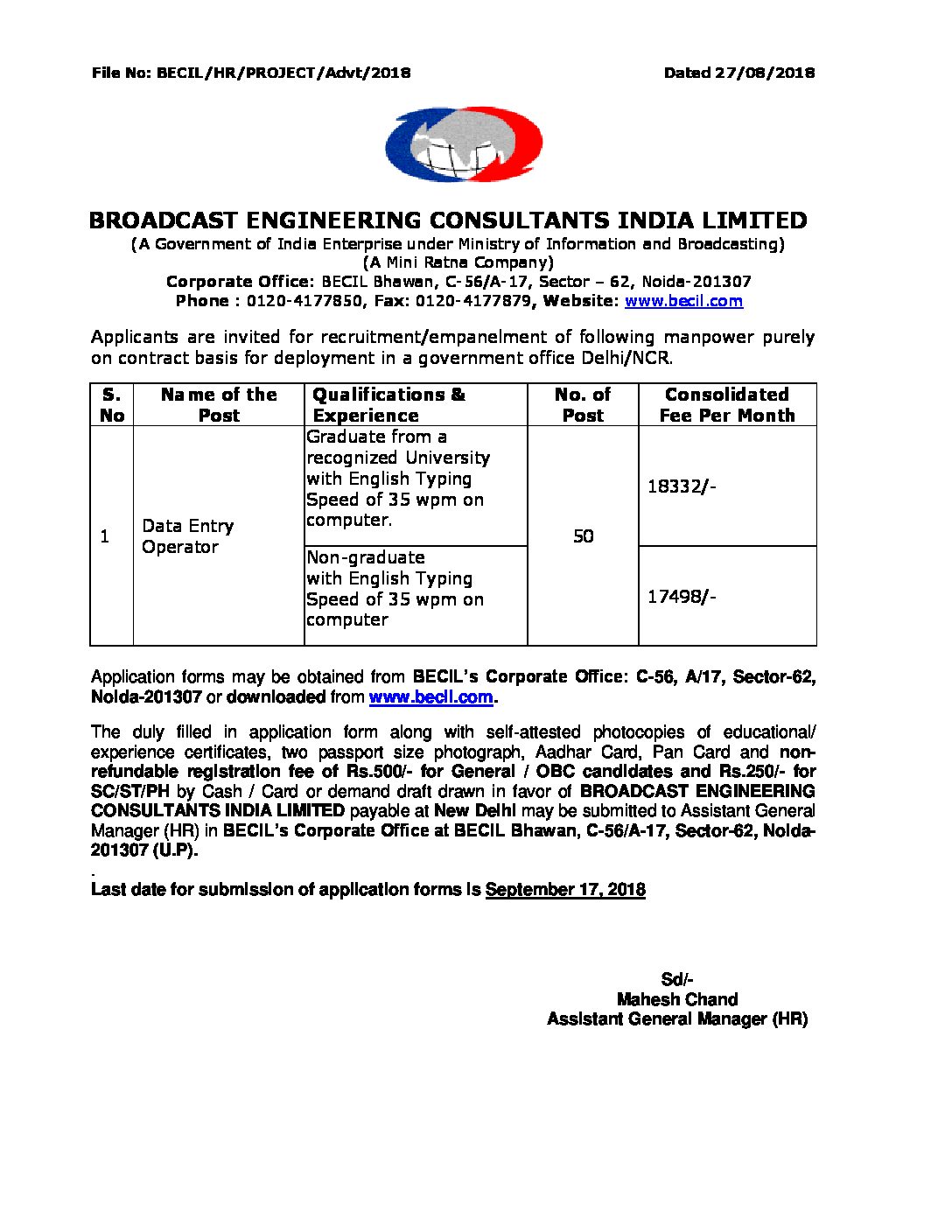Railways bans use of single-use plastic
The world is actually littered with plastics. The rapid pilferation of plastics has contaminated land spaces and takes up massive amounts of dump fill space. The pollution is even more critical as plastics take a long time to degrade.
What are single-use plastics?
- The single-use plastics are the plastics which are most commonly used for plastic packaging of food and goods transport.
- This includes takeout cartons, straws, grocery bags, containers, cups, beverage containers, and cutlery.
- Conventionally, single-use plastics are not less thick than 50 microns except in special cases, where their use requires greater strength.
Why is it in the news?
- The Indian Railways has decided to ban the use of single-use plastics from October 2, the birthdate of Mahatama Gandhi.
- The ban will be enforced on all railways premises, trains, and other infrastructure units.
- To ensure that the ban is a success, the railways’ authorities have expedited the installation of 1,853 plastic water bottle crushing machines at over 360 major stations. The IRCTC has been made responsible for implementing the return of the plastic bottles as part of its Extended Producer responsibility.
- The Railway Board has also asked its employees to reduce, reuse and refuse the plastic products and ultimately, substitute them with inexpensive reusable bags to reduce plastic footprint.
This will a long-overdue step as the Indian Railways had been identified as a “waste generator” and was thus, expected to take preventive measures to ensure that the generation of plastic waste was minimized.


